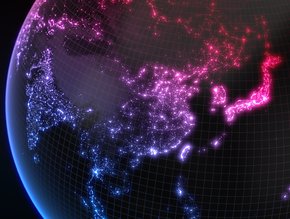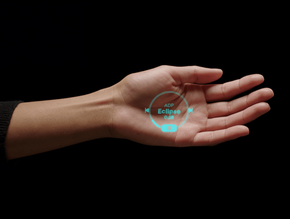The UN collective agreement advocates the ethical use of AI

Artificial intelligence (AI) has opened up new opportunities in all industries and cemented its worth in modern business, but, as highlighted at Technology, AI & Cyber LIVE, there are also concerns of ethical issues derived from the use of AI. During a talk at the hybrid event, Richard Benjamins, Chief AI and Data Strategist at Telefonica, provided great insights into the opportunities and threats of AI.
What the technology is now seeing is a global agreement between countries, committing to the ethical use of AI, facilitated by the United Nations (UN).
The ethical concerns surrounding AI
While AI developments have produced incredible results over the years, there are also ethical concerns surrounding its application. As technology becomes more independent, gender bias, privacy, and surveillance are some of the main areas that authorities are conscious about.
‘We see increased gender and ethnic bias, significant threats to privacy, dignity and agency, dangers of mass surveillance, and increased use of unreliable AI technologies in law enforcement, to name a few. Until now, there were no universal standards to provide an answer to these issues’, The United Nations Educational, Scientific and Cultural Organization (UNESCO) says.
As a result of these concerns, authorities are putting more regulations and agreements in place to ensure AI can be used responsibly, which has combined the efforts of 193 countries.
‘The world needs rules for artificial intelligence to benefit humanity. The Recommendation on the ethics of AI is a major answer. It sets the first global normative framework while giving States the responsibility to apply it at their level. UNESCO will support its 193 Member States in its implementation and ask them to report regularly on their progress and practices’, says the UNESCO Chief, Audrey Azoulay.
AI shapes the future of humanity
The agreement between the countries highlights a collective understanding of the advantages of AI as well as the risks. The text acts as a guide for businesses to undergo their digital transformations without compromising human rights and sustainability initiatives. The statement also outlines the necessary requirements for transparency, accountability and privacy, and promotes ethical AI in education, healthcare and other institutions.
Gabriela Ramos, Assistant Director-General for Social and Human Sciences at UNESCO, says, ‘Decisions impacting millions of people should be fair, transparent and contestable. These new technologies must help us address the major challenges in our world today, such as increased inequalities and the environmental crisis, and not deepening them’.
For more artificial intelligence insights, check out the latest issue of AI Magazine.






